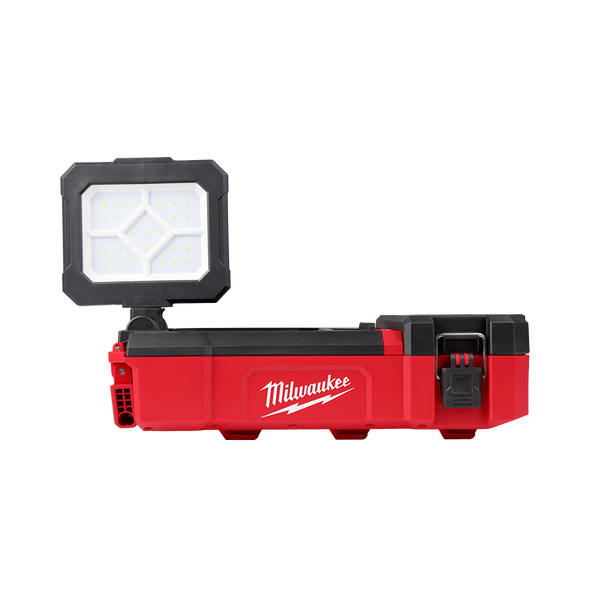SP TOOLS UV-C Disinfection Flood Light 2-in-1 Mini COB LED Quartz Lens
- Dual purpose work Light & UVC disinfectant light with quartz lenz
- Keeps your work place or home safe from viruses and germs
- Kills 99.9% of microorganisms, such as bacteria, viruses and protozoa
- Renders pathogens harmless in as little as 2 seconds
- Ideal for a variety of applications, such as disinfecting tools, equipment, cars, phones, IPads, keyboards, laptops, toys, toothbrushes, remote controls, door knobs, toilet covers, crockery, cutlery, and much more.
- Features SP’s Movement Deactivation System which turns the unit off automatically when movement is detected to avoid harm from prolonged exposure
- Features a Fixed Mode: Press and hold UV button for 2 second for fixed mode – This allows you to keep the UVC light on permanently in order to disinfect large surfaces manually by moving the light around
- Safety time-delay function which automatically turns the UV-C light off after 15 mins to prevent prolonged exposure
- Environmentally friendly
- High power SMD LED work light
- Multifunctional work lamp ideal for applications where power is limited
- Flood Light: 500 Lumens
- 6 hour run time
- Compact “pocket” size
- Includes 210° rotatable magnetic bracket with strong built-in magnets
- IP68 – Resistant to water and dust infiltration
- Oil/Corrosion/Impact resistant housing
- Battery charge indicator
- Powerful Li-ion battery – 3.7V / 4400mAh
- Rechargeable Direction-free USB-C port system makes charging easy
- Radiant illuminance <25 μw/cm2
- UV wave length: 270~280nm
KIT INCLUDES
- USB lead – Easily charge off any USB Port
- UVC Test Strip
- Safety Glasses
WHAT CAN BE KILLED BY UV?
- Escherichia Coli, Coronaviruses, Mycobacterium tuberculosis, Rotavirus, Corynebacterium diphtheriae, ECHO virus, Vibrio cholerae, Tobacco mosaic virus, Bacillus tetani, Ecovirus type I, Pseudomonas, hepatitis B virus, Clostridium botulinum, Aspergillus niger, Salmonella, Soft spore, Dysentery Bacilli, Aspergillus, Enterofebrile bacteria, Penicillium, Bacillus Anthracis, Dung fungi, Salmonella typhimurium, Penicillium mildew, Leptospira, Mucor, Shigella, Other Penicillium species, Legionella pneumophila, Blue-green algae, Staphylococcus, Paramecium, Micrococcus, Chlorella, Streptococcus, Green algae, Adenovirus, Nematode eggs, Influenza virus, aspergillus niger, Phagocytic cell virus, Leukoplakia, Poliovirus, Viral hemorrhage, Acarid, Cryptosporidium, Giardia, Mycobacterium tuberculosis
















